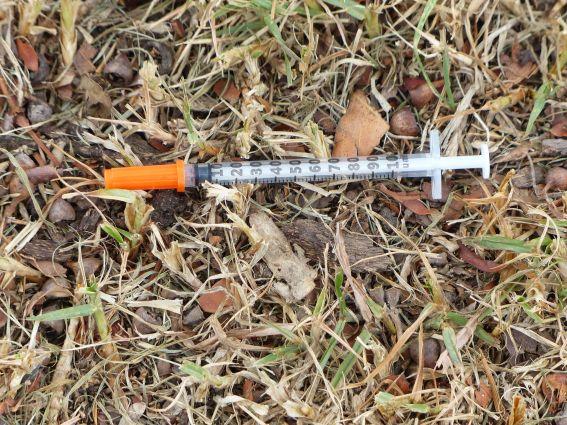-
About
- Departments & Offices
-
Academics
- Public Health
- Biomedical Sciences
- Physician Assistant
- Special Master’s (MBS)
-
Admissions & Financial Aid
- Tuition & Fees
-
Student Experience
-
- Student Resources by Program
- Academic & Student Support
- Wellness & Wellbeing
- Student Life
- Events & Traditions
-
-
Research
- Research Labs & Centers
- Tufts University-Tufts Medicine Research Enterprise
-
Local & Global Engagement
- Pathway & Enrichment Programs
- Global Health Programs
- Community Engagement
Mapping the Shifting Opioid Epidemic to Aid Public Health Efforts
Unique research collaborative draws on public health and emergency medical services data and spatial epidemiological analyses to map opioid-related incidents, improve public health response in Lowell, Mass.

Combining emergency medical services and vital statistics data, a new study led by researchers from Tufts University School of Medicine provides a unique view of the opioid overdose epidemic in an urban area. The study identifies neighborhoods with the highest risk of overdose and other drug-related disorders, as well as supports efforts for targeted public health interventions.
The collaborative research team included emergency medical services (EMS) staff, public health officials, and academic researchers who pooled and analyzed data for reports of publicly discarded syringes, opioid-related incidents (ORIs), and fatal opioid overdoses (both the death and injury locations) in order to assess the risk environment in Lowell, Massachusetts. The study was published online on Oct. 6 in Preventive Medicine Reports.
Department:
Public Health and Community Medicine